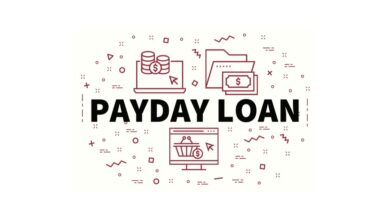How Can Blockchain Affect the Economy?

Table of Content
One big accounting firm estimated that cryptocurrencies and Blockchain would contribute almost two trillion dollars to the global economy by 2030. This value would come from lower transaction costs, greater transparency, wider access to capital, and improvements in information security. Yet much of this is theoretical, and it doesn’t explain how cryptocurrencies and the technology backing them affect one’s day to day life. But how can Blockchain affect the economy?

Greater Traceability at a Lower Cost
Blockchain can be used to track and trace both products and services. The word for this is provenance. It could be used to identify and track the ownership of authentic luxury handbags, curtailing fraud.
On the other hand, it could be used to track purchases along the supply chain. This allows businesses to prove their ethical and sustainable sourcing of raw materials and goods. Furthermore, it lowers the cost of labelling and tracking items. This could even impact public safety when the technology is applied to the medical sector, preventing counterfeit drugs from reaching consumers.
Another application of Blockchain would be in identity management. It would help curb fraud with regard to personal IDs and educational credentials.
Lower Transaction Costs
Digital currencies significantly lower the cost of financial services. For example, it dramatically lowers the cost of remittances, sending money back home to family members in another country. It also lowers the cost of making payments to vendors and customers. One industry study suggested that lower financial transaction costs would result in more than £300 billion every year.
We’ve mentioned how Blockchain lowers financial transaction costs and allows almost anyone to monetize assets. These same technologies put Bitcoin trading in reach of almost everyone. You can trade Bitcoin for other cryptocurrencies or use it as an intermediary currency as you trade in other currencies.
A side benefit of using cryptocurrencies is that you can accept investments from people all over the world and send Bitcoin payments, especially if you’re crowdfunding your start-up or paying international contractors to do the work. Bitcoin has the same ability to transfer value as the traditional financial system, but it does so at a lower cost and with greater security.
Lower Legal Costs
One potential application of Blockchain is in contract management. This includes automatic payments as key milestones are met and automated dispute resolution methods. This is predicted to lower legal costs by up to £54 billion.
For example, contracts could be backed by Blockchain, verifying their legitimacy and preventing them from being changed without the majority or unanimous consent of those involved. Auditing costs are dramatically lower since all of the transactions are stored in the publicly available Blockchain. These same mechanisms could be used to manage customer loyalty programs for less money. That would save companies up to £50 billion a year.
Blockchain promises to increase security, reliability and trust, while lowering overhead administrative and transaction costs. If your business is going to survive and thrive, you must investigate the possible benefits of adopting Blockchain or risk losing out to rivals who do it first.




